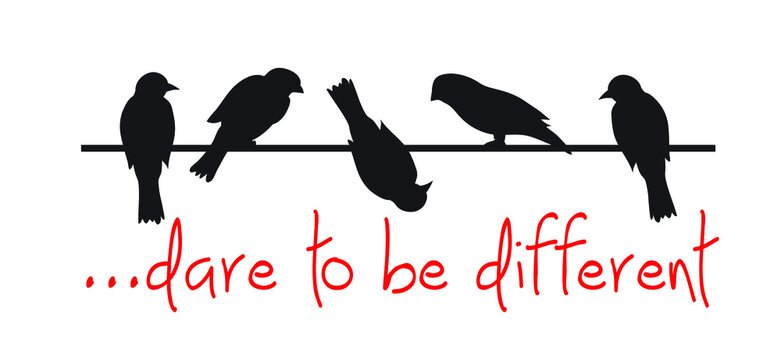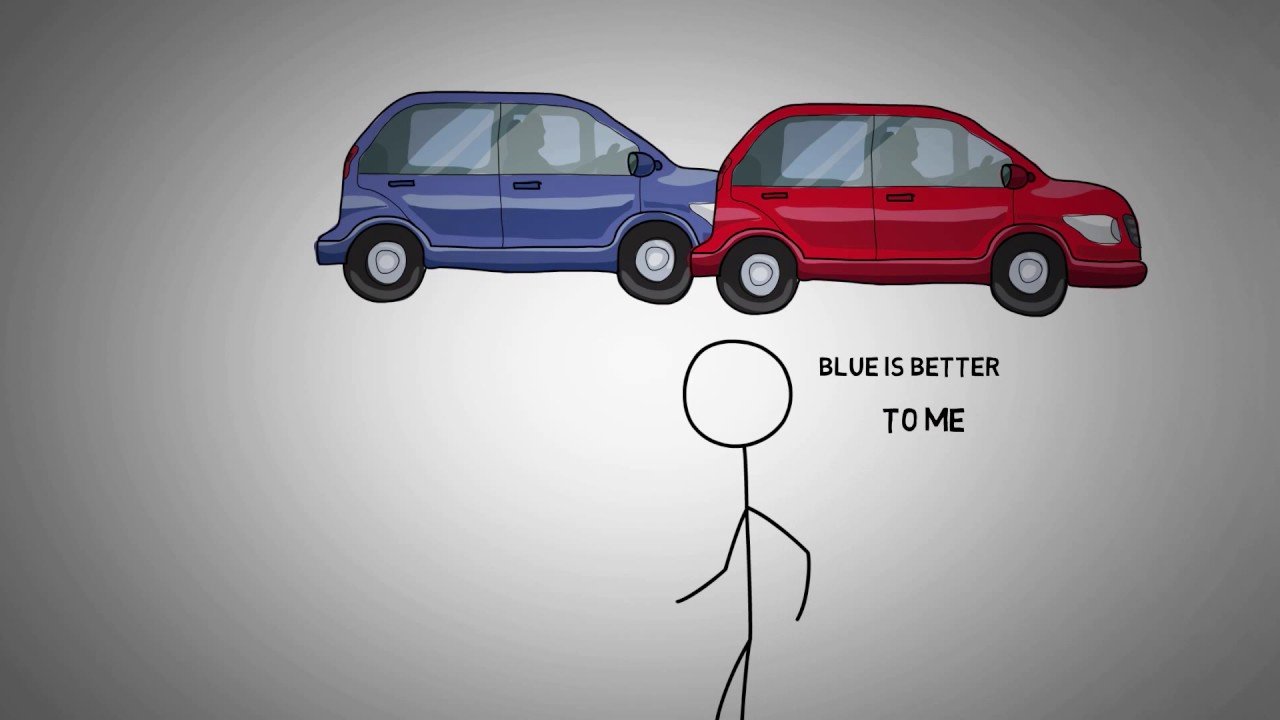A digital marketing campaign is much more dynamic and sustainable than a general marketing campaign. What most entrepreneurs actually want but have lost sight of in the online universe is the science of these four timeless inputs that truly reflect what they desire:
• The person - Understanding and connecting with the target audience on an individual level.
• The problem - Identifying and addressing a painful, complex, and urgent issue.
• The solution - Offering a course, coaching, product, or service that effectively resolves the identified problem.
•. Creating value - Determining how the provided solution generates value for the individual, whether through its unique features, benefits, or price point.
I think by re-establishing focus on these inputs, entrepreneurs can navigate the online landscape more effectively and achieve their desired outcomes.





















